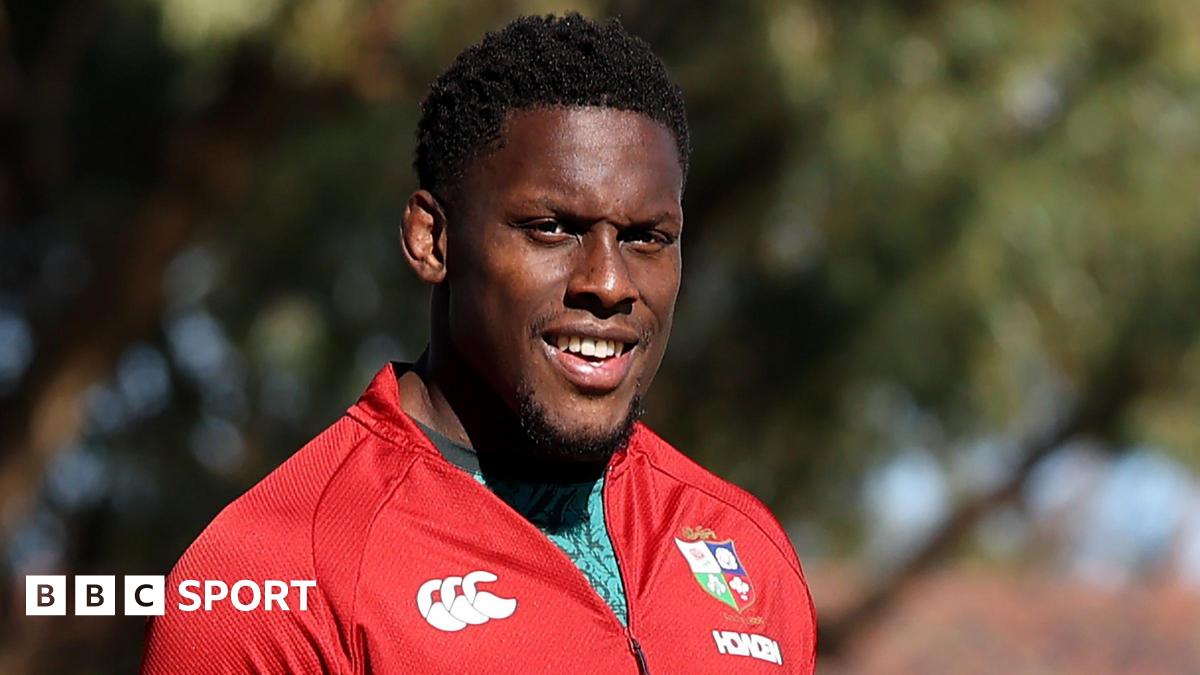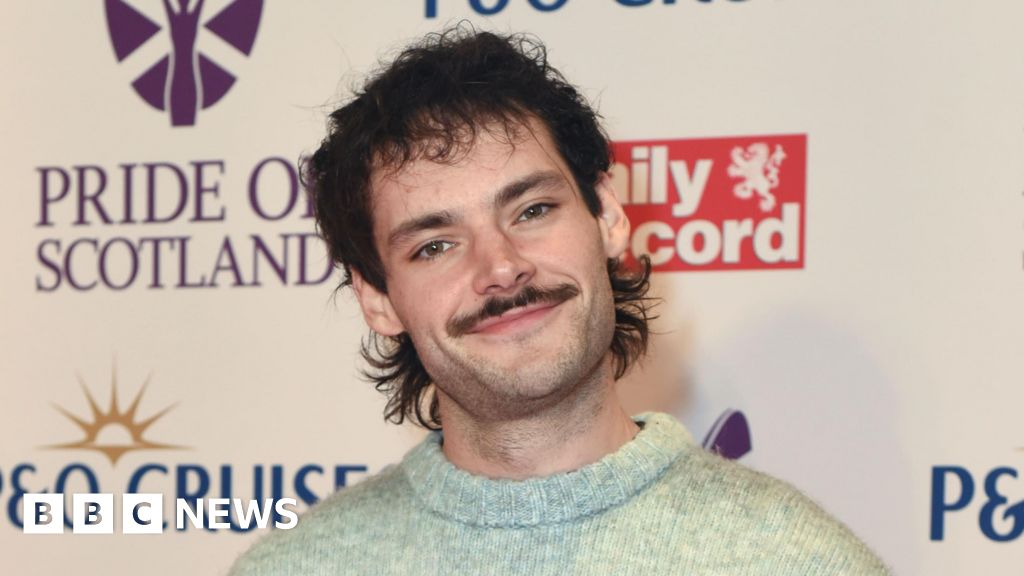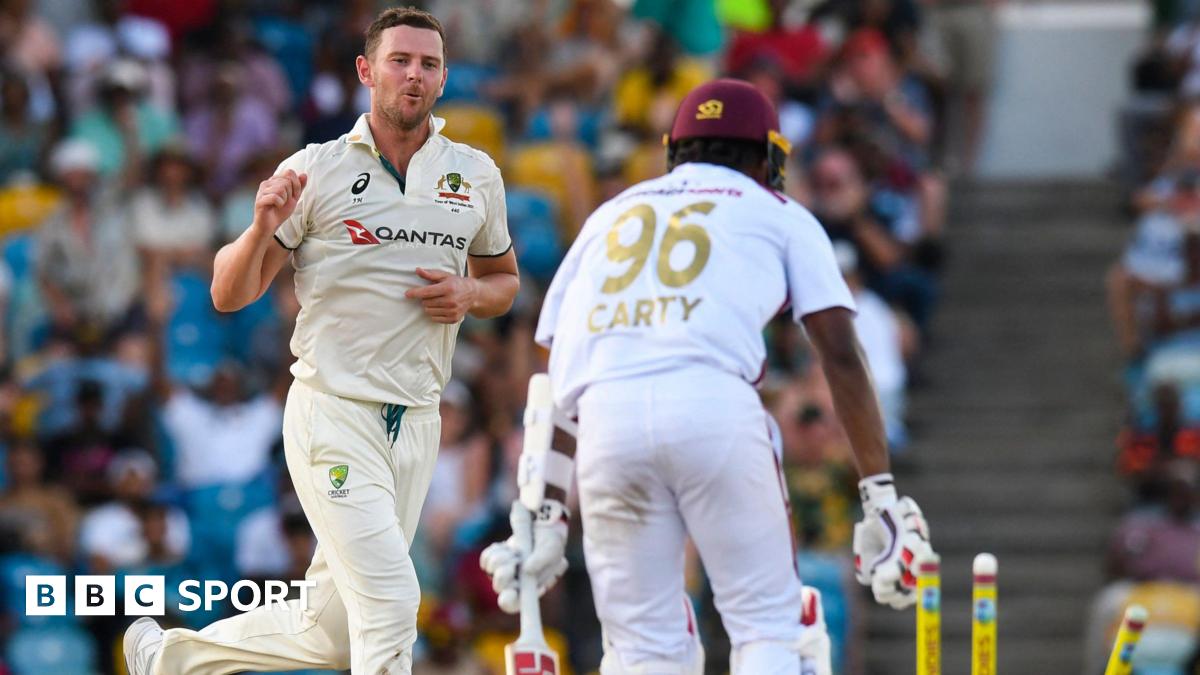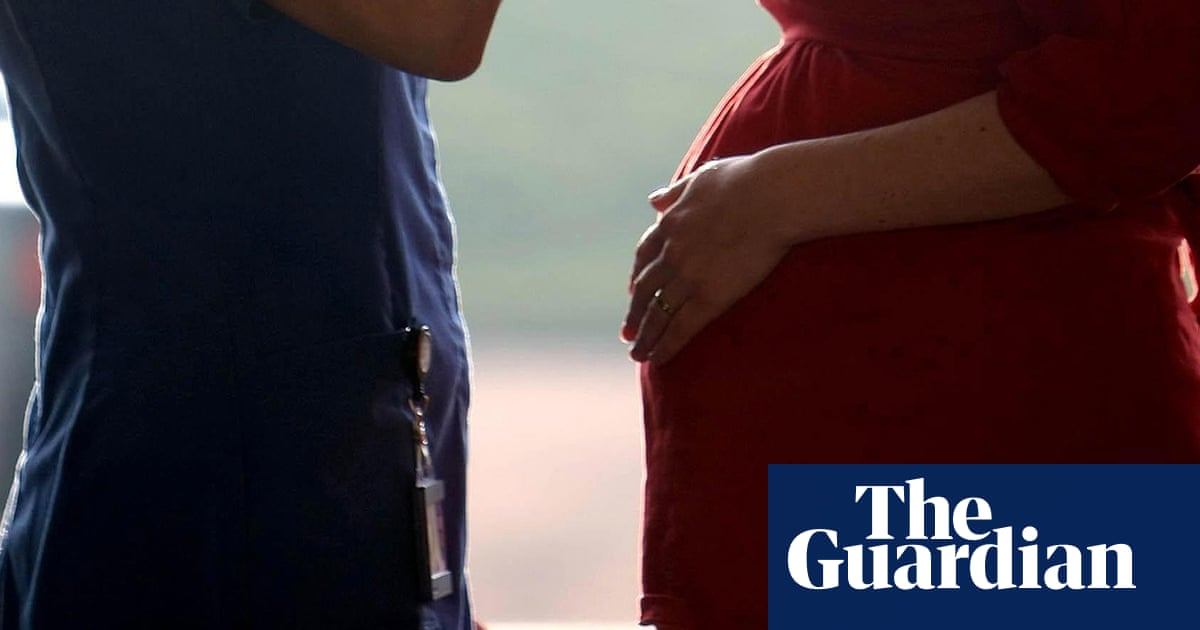Aryna Sabalenka is the world number one and serial Grand Slam finalist who by her own admission can "lose control" of her emotions when the biggest prizes in tennis are on the line.
Wimbledon therefore presents Sabalenka not only with an opportunity to chase a fourth Grand Slam title, but also the chance to turn a humbling experience into a turning point.
The 27-year-old has reached the Australian Open and French Open finals this year but has lost both title matches, and after falling to defeat by Coco Gauff in Paris three weeks ago she spoke in unflattering terms about her conqueror that she later acknowledged had been "completely unprofessional".
Her immediate verdict was that Gauff was able to win "not because she played incredible" but because of Sabalenka's own misses from "easy balls".
Sabalenka labelled her own performance "just a joke" and said of Gauff: "Honestly, sometimes it felt like she was hitting the ball from the frame. Somehow magically the ball lands in the court, and you are kind of on the back foot."
The comments were widely seen as not giving Gauff sufficient credit for the American's second Grand Slam title - and the second to come at Sabalenka's expense, after their 2023 US Open final also went Gauff's way.
A statement and a written apology to Gauff followed, and look to have done the trick. If there was ever any tension between the pair, it was not evident in the lead-up to Wimbledon as they performed a TikTok dance together on Centre Court.
"I've always been really good with Coco," Sabalenka said.
"I didn't really want to offend her. I was just completely upset with myself, and emotions got over me. I just completely lost it.
"I did what I did. I get what I deserve, I believe. It was a tough time for me. The lesson is learned.
"This time the emotions took over me. In the finals or semi-finals, sometimes I can get over-emotional. I would like to improve that.
"I would like to stay to the same mentality I have during the tournament, because I believe I get over-emotional at the last stages of the tournaments because I have this desire of winning."
Sabalenka is a long way clear of the field in the WTA rankings, but she has lost four of her past six finals. She has not yet won Wimbledon and starts this year against Canadian qualifier Carson Branstine.
"Honestly, I'm kind of glad what happened to me at Paris, because I was able to learn a lot," said Sabalenka. "I was able to sit back and be open to myself, not just to ignore some things. I really hope it will never happen again."
She said she would "love to face" Gauff in the Wimbledon final. They are the number one and two seeds so cannot meet until then. Gauff holds a 6-5 advantage in their career head-to-head record.
"If she's going to be there, I'm happy because I want to get the revenge," Sabalenka added.
Switching emotional gears is a major challenge for sporting rivals, particularly when the stakes are high.
Novak Djokovic has become expert in handling the biggest occasions, and even in defeat he usually finds the right words.
But it was not something that necessarily came easily to the 24-time Grand Slam champion.
He therefore understands how difficult it might be for Sabalenka to find composure when the adrenaline has been pumping.
"We are all human beings that have difficult emotions that they have to handle right after they lost a big match," Djokovic said.
"Grand Slam finals, for example, as she did against Coco. Things happen when you're so heightened with emotions, your blood is running hot.
"It's not always easy to suppress that and put diplomacy ahead, even though I feel like it's important to pay respect and acknowledge the success of your opponent that just beat you."
Sabalenka tapped up Djokovic for pre-tournament support after a practice session.
"It's amazing to hear opinions of such a legend," Sabalenka said. "We were just chatting about stuff that I'm struggling with a little bit. I'm really thankful for the advice he gave me."

 1 day ago
2
1 day ago
2










 English (US)
English (US)